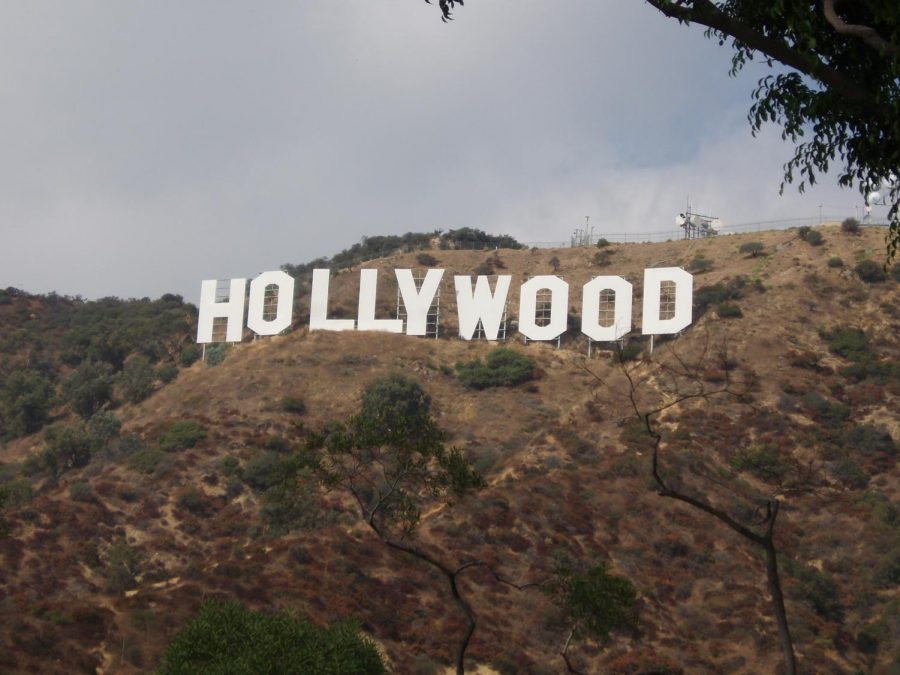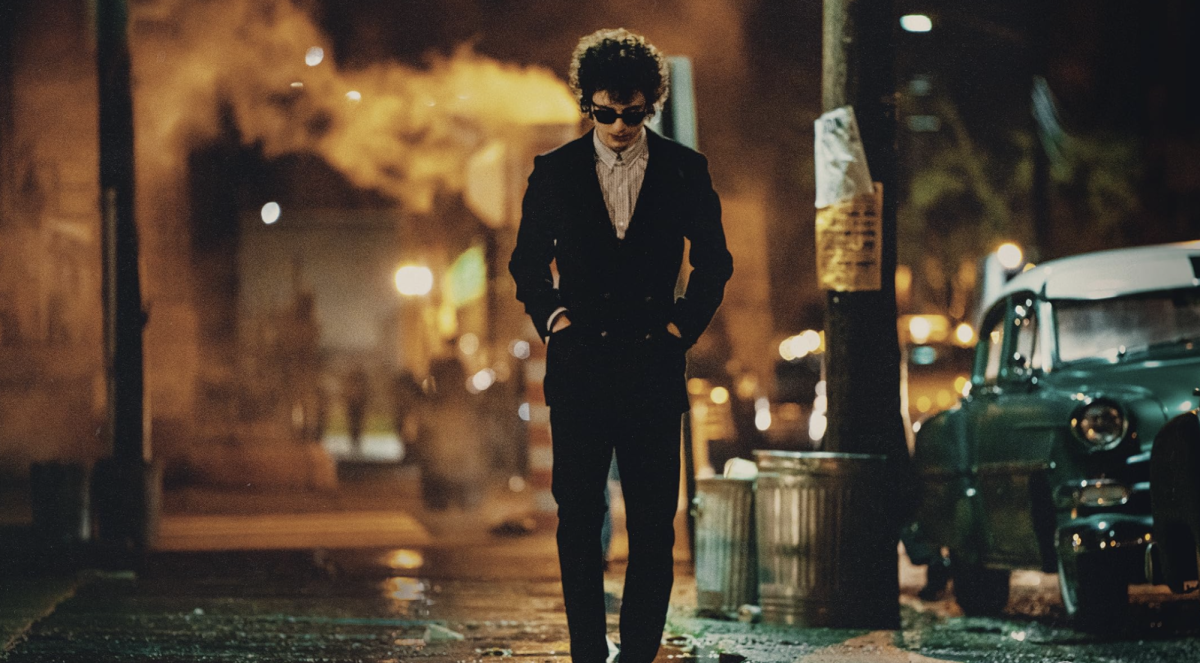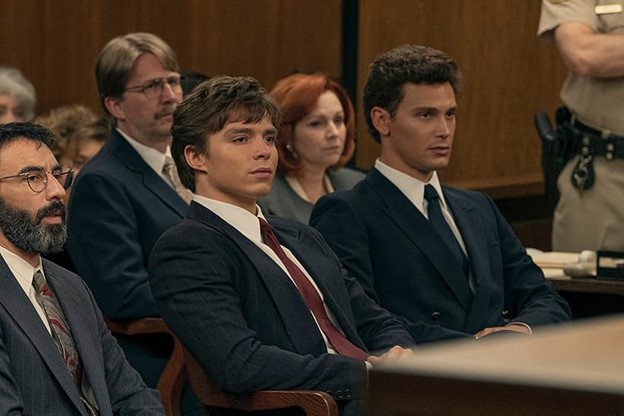It can be difficult to evaluate a period of time we just escaped from. Unfortunately, nobody is going to want to read about the 2010 decade again until maybe 2080, so the time is now. Two notes for this upcoming listicle before we dive in: this will be a spoiler free article, and the films are listed in chronological order.
Without further ado, here are 10 of the most influential films from the past decade, determined by acclaim, earnings and novelty.
“The Social Network” (2010)

David Fincher and Aaron Sorkin, a duo for the ages, brought the semi-accurate messiness and betrayal within the tech industry into mainstream dialogue. The film, with punching lines and subtle but intense interactions between the key players, is more than a movie “based on a true story.” Though it affected people’s perceptions of Facebook, Mark Zuckerberg, and the tech industry, the film is not only about the story which it was based on. When accepting the Golden Globe for Best Picture for the film, producer Scott Rudin said it himself: “I want to thank everybody at Facebook; Mark Zuckerberg for his willingness to allow us to use his life and work as a metaphor through which to tell a story about communication and the way we relate to each other.” That’s what it truly was: the film dives deep into the complexity of human emotion, the downfalls of narcissism and the idea that business is always personal. The film describes the source of young Harvard student Mark Zuckerberg’s inspiration for Facebook as pettiness and revenge. It tracks Zuckerberg’s growth as a tech mogul, the way he uses people and betrays them through selfishness and the similar corruption within those around him. Yet, even in portraying Zuckerberg and friends in such a harsh light, the story reminds us of the humanity in everyone, and the way even the best of us can get in way over our heads.
“Bridesmaids” (2011)
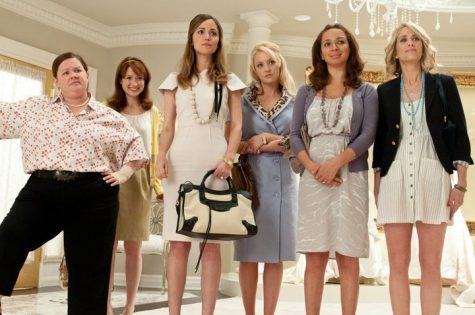
This film is still widely hailed as one of the greatest female-led comedies of all time, even years later. This is due both to the surprise success of the film, and to the film industry’s powerful but flawed reaction to the film. The film has helped paved the way for an entire decade’s worth of female led-comedy, for better or for worse. The film was written and acted by women, none of whom were particularly famous at the time, in an uncensored way that even still is feared, yet was an enormous success. There are few films with a more direct impact on Hollywood than “Bridesmaids.”
“The Avengers” (2012)
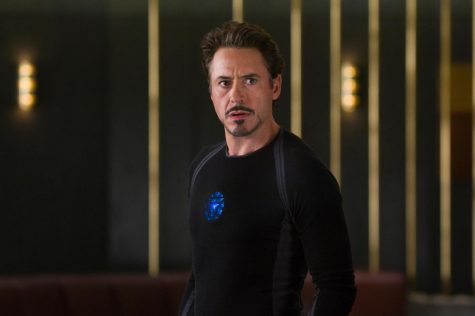
Regardless of the artistic merits that may or may not be present in Marvel films, it is undeniable that they are a cultural pillar. It may be a weak argument to some, but the fact that Marvel films have grossed 22 billion dollars across 23 films shows a serious, prolonged interest in the world of comic books being transformed for the big screen. Arguably, this intensified to the point of explosion with “The Avengers.” Audiences have shown they are passionate about well-crafted superhero films. It’s the first film from the Marvel Cinematic Universe that grossed over 1 billion dollars, at about 900 million dollars ahead of the closest film at that point, “Iron Man 2.” Whether it’s an especially compelling story or a large, dynamic cast, the 2012 “Avengers” film went on to spawn three sequels, the conclusionary one becoming the “biggest movie of all time.”
“Her” (2013)

There have been many films describing the ethics of humanoid robots and clones, but at the time, there hadn’t yet been a film that described the potential for a soul being birthed entirely by computer programming. Films like “Metropolis,” “Ex Machina,” the “Blade Runner” and “Terminator” series all explore the idea of an artificially engineered humanoid and their internal conflicts. “Her,” however, does so in a completely different way. The A.I. figure in “Her” is an operating system created for the main character, Theodore Twombly played by Joaquin Phoenix. She names herself Samantha, and the film follows the complexity of the romantic relationship the two develop, and their connection that seems entirely human, though it is not. Samantha is different from the A.I. figure in other films because she doesn’t have a body. This is a common theme in the film, and something both her and Theodore explore together, “You know what’s interesting? I used to be… so worried about not having a body, but now I… I truly love it. You know, I’m growing in a way I couldn’t if I had a physical form. I mean, I’m not limited. I can be anywhere and everywhere simultaneously. I’m not tethered to time and space in a way that I would be if I was stuck in a body that’s inevitably gonna die.” The film discusses the concept of being loved and being able to love, without being naturally born or even having a single human element but code from human engineers in you. It asks us why we love each other and shows us a possible future relating to A.I. that has not been thoroughly explored. We hear of robot slaves, killers and prostitutes, but the closest thing to companionship from an A.I. comes from R2-D2 in Star Wars, which is a far simpler creation than Samantha. In this way, critics and audiences alike agree that “Her” is a story of our age in a way nothing before or after has reached.
“Inside Out” (2015)
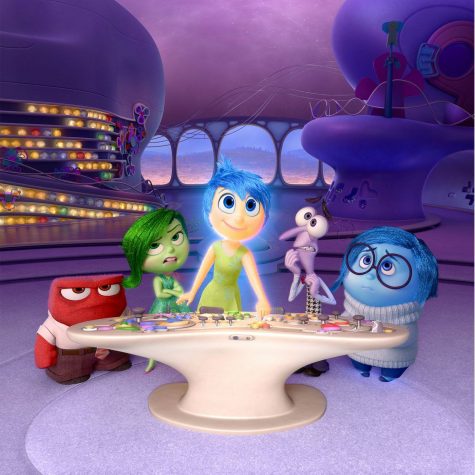
Mental health is a complex topic. Often times it is approached with the heavy but raw reality of something like “Silver Linings Playbook” or “Black Swan,” or the glorified and problematic nature of something like “13 Reasons Why.” It’s obviously not easy to create a film that deals with mental illness, forget something appealing to children. Though kids deal with it like all other age groups, it is not always recognized in the same way. “Inside Out” was somehow able to be a critical success, a box office smash and appeal to international audiences, all while also being a great representation of mental health issues faced by kids. The importance of meaningful children’s programing cannot be understated, and “Inside Out” uses Pixar’s platform for good.
“Moonlight” (2016)
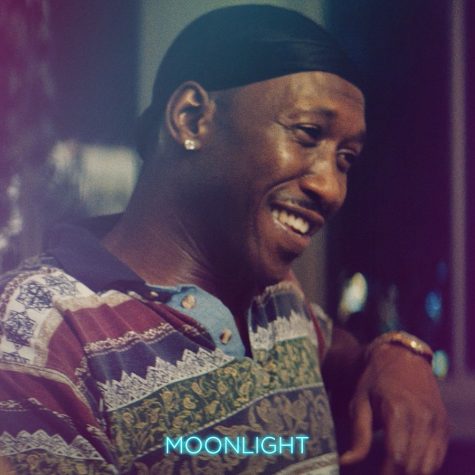
The debate over who should have won the Best Picture Award at the 89th Academy Awards rages on, but Moonlight’s impact cannot be denied. While LGBTQ+ film and TV has continuously risen in popularity, in 2016 and now, but it still lacks in numbers. Not only that, but the type of representation the community has historically been given has been white, cis and otherwise conventional. “Moonlight” explores masculinity, being gay, sex, violence and coming of age, all through the lens of blackness. It’s not a new story, but it’s a new level of visibility for it. For the Academy to recognize the film for both its revolutionary message and its incredible production all around, considering its pension to reward mediocrity, is an amazing show of progress.
“Get Out” (2017)
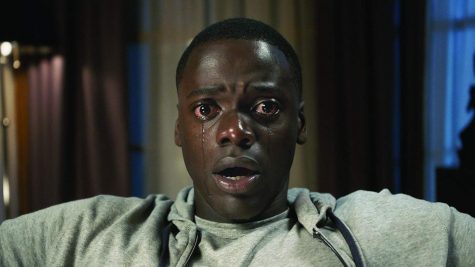
It’s hard to imagine a more iconic film from the decade. The “sunken place” is only one element of the film that has spawned a new life outside of the film. It has become a common term used to describe someone oppressed who doesn’t seem to know they are, usually within the same sociological context as the film, black people trapped by white people. The film validates the experience of many black people and educates passive white people. Hearing that comedian Jordan Peele from Key and Peele was making a racism-horror-comedy initially seemed outlandish to many, but the result has been revolutionary; for horror, for film and for the depiction of racial issues in media. A 4.5 million dollar budget yielded 250 million dollars in revenue, an Oscar for Best Screenplay and a permanent fixture in our cultural zeitgeist. If I were to rank this list in order, this may be my number one for most impactful.
“Black Panther” (2018)
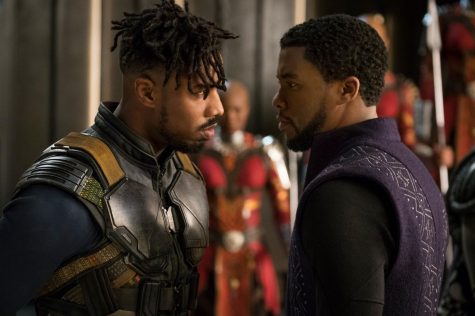
You may be beginning to sense a theme here. I hesitated to put another Marvel film on the list because I wanted to give other films a shot, but the fact is that multiple other Marvel films could have made this list. “The Avengers” was here because it helped to spark the superhero culture we live in, “Black Panther” is here for other reasons. In a cinematic universe with “Iron Man,” “Captain America” and “Thor,” “Black Panther” outsold them all. The only superhero films at all, including from different franchises, that earned more than “Black Panther” are the star- studded Avengers films. The thing that makes this film so novel is that it’s different from other Marvel films, with its strong focus on African culture, Diasporic dialogue and social justice issues facing black people all over the world at the center of this film. The film takes extreme care to address these issues and to incorporate different African cultures into the world of Wakanda, award-winningly so. It is of a higher caliber technically and thematically than any other Marvel film and many other blockbusters.
“Crazy Rich Asians” (2018)

I’m getting predictable now, but this movie was extremely important this decade. For years, many people in the Asian American community have felt unseen and insulted due to the lack of representation within film and TV, let alone positive representation. “Crazy Rich Asians” has shown that it’s possible not only to represent Asian people positively and feature many Asian people within the same film, but it’s also possible to make a huge amount of money doing so. Fortunately or unfortunately, money makes the movie business go round, so it’s a sign of future investment when a film does well in the box office. “Crazy Rich Asians” doing well has had a large impact on Hollywood’s view of Asian stories. It is unfortunate that people of color and other minorities are still being made to prove themselves, even after this particular success, but the success of “Crazy Rich Asians” reminds us that the talent, creativity and perseverance within the Asian film community is enduring, and Hollywood has been beginning to recognize that, even if it’s ever so slowly.
“Parasite” (2019)
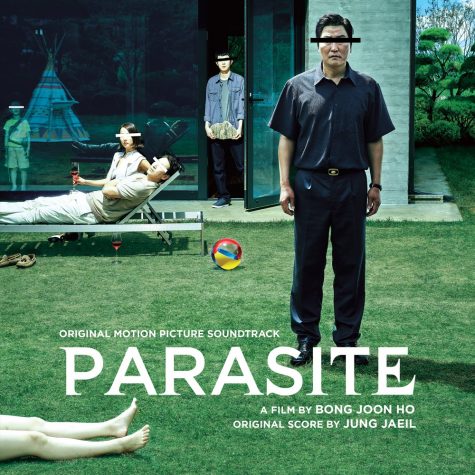
There are a million things that can be said about the impact of “Parasite.” It being an award-winning film of critical acclaim isn’t surprising in general: Bong Joon Ho is a titan of film, undeniably, and has proved himself many times before. The content of the film alone would be enough to land it on this list: it is a marvel of cinematography, a unique and complex story and masterfully expresses its radical message. However, it is put on this list specifically because of its disruption to the Hollywood system and to the world as a whole. It became the first international feature to win Best Picture and swept in three other major categories. Not only this, but it brought major discourse about international films’ place in American culture – some positive, some negative. Either way, it won’t be leaving society’s collective consciousness for a while.
Lily Farizon can be reached at [email protected].

